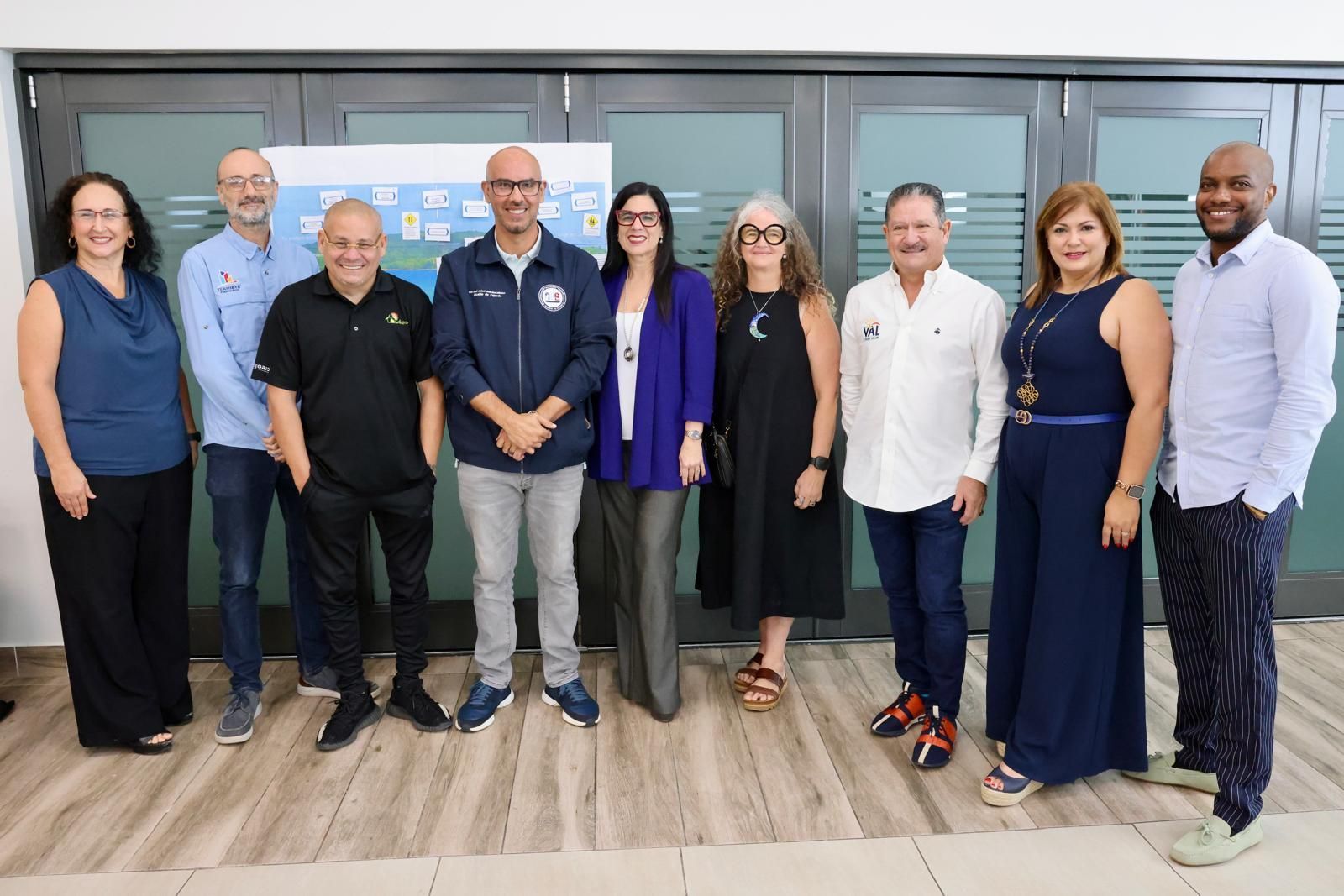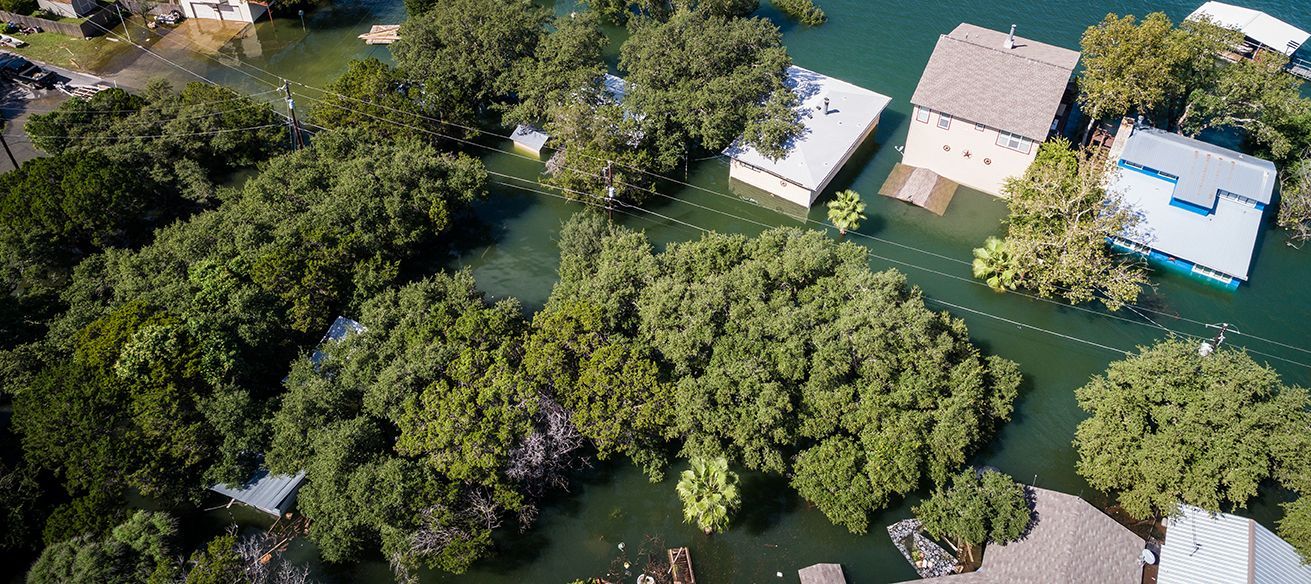IBTS Welcomes Agnes Crespo-Quintana as Puerto Rico Division Director
Share this article:

Agnes Crespo-Quintana, ESQ, IBTS’ new Puerto Rico Division Director
December 1, 2021 – (San Juan, Puerto Rico) – The Institute for Technology and Safety (IBTS) is pleased to welcome Agnes Crespo-Quintana as the new Director for its Puerto Rico Division, based in San Juan. Ms. Crespo-Quintana’s rich experience in developing public policy, furthering the Island’s economic development and disaster recovery efforts, and engaging stakeholders across sectors are a perfect fit for the nonprofit organization, which serves as a trusted advisor and partner to local, state, and federal governments nationally.
Ms. Crespo-Quintana’s robust work history includes engagements with both the Puerto Rico Department of Housing (PRDOH) and the Department of Economic Development and Commerce of Puerto Rico (DDEC) and as the leader of the Economic Development Unit for the Puerto Rico Community Foundation. She is also an experienced attorney and entrepreneurial coach who has focused on guiding the Island’s public and private sectors with resilience, corporate social responsibility, and sustainable development approaches, as well as legal support, grant writing, and business development services.
IBTS’ Puerto Rico Division, established following the devastating impacts of Hurricanes Maria and Irma in 2017, focuses on building a more resilient Puerto Rico through services such as federal grants management, community planning, building code and safety expertise, resilience assessments, and workforce development. As Director, Ms. Crespo-Quintana will leverage her expertise as a liaison to government agencies and community organizations focused on the Island’s reconstruction and recovery; with federal funding programs such as Community Development Block Grants (CDBG-DR); and with creating public policies directed toward social economic development to expand and build on this important work.
“We are delighted to welcome Ms. Crespo-Quintana to the IBTS team,” says IBTS President and CEO Ashok Goswami. “She brings not only an understanding of Puerto Rico’s economy and its recovery, but a rich history of engaging and working with the stakeholders that are so important to ensuring a resilient and thriving future for the Island,” he continued.
“I am committed to supporting the strengthening of government structures in order to achieve a socially and economically sustainable future for Puerto Rico,” says Crespo-Quintana. “IBTS’ mission and commitment to not only support the Island on its road to recovery, but also to see it prosper, certainly matches mine. We have a challenge and a lot of work to do.”
—————–
IBTS is a nonprofit organization dedicated to building resilient communities. We are experts in CDBG-DR compliance and fund management; energy efficiency; solar and renewable energy; disaster recovery; strategic intervention in community-based organizations; resilience planning and strategic communication. IBTS’ Puerto Rico office, located in San Juan, has been instrumental in helping the island recover from the aftermath of the 2017 hurricanes. IBTS is guided by a board of directors from five leading governance organizations representing: The Council of State Governments (CSG), the International City/County Management Association (ICMA), the National Association of Counties (NACo), the National Governor’s Association (NGA), and the National League of Cities (NLC).





